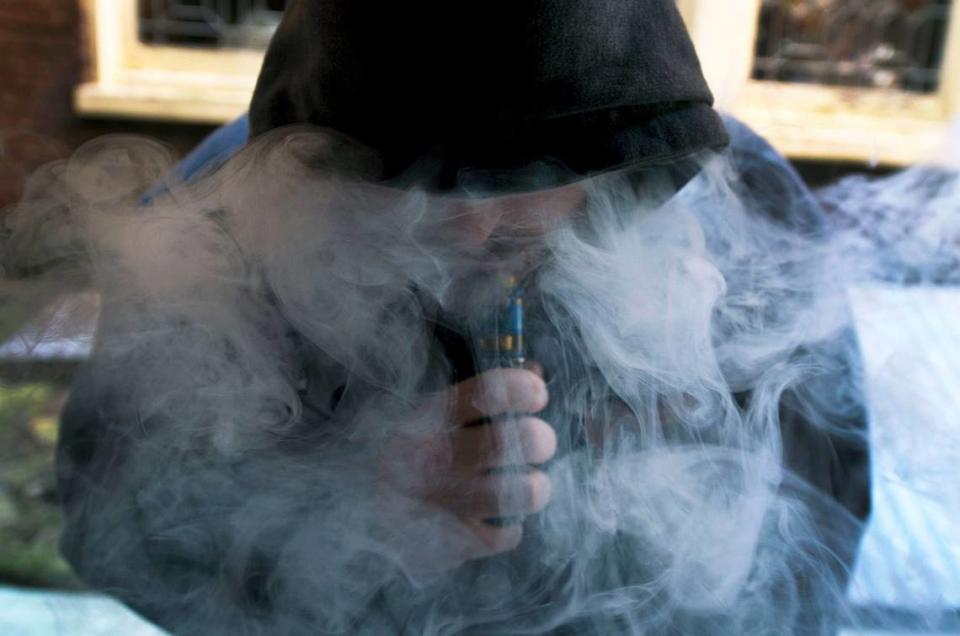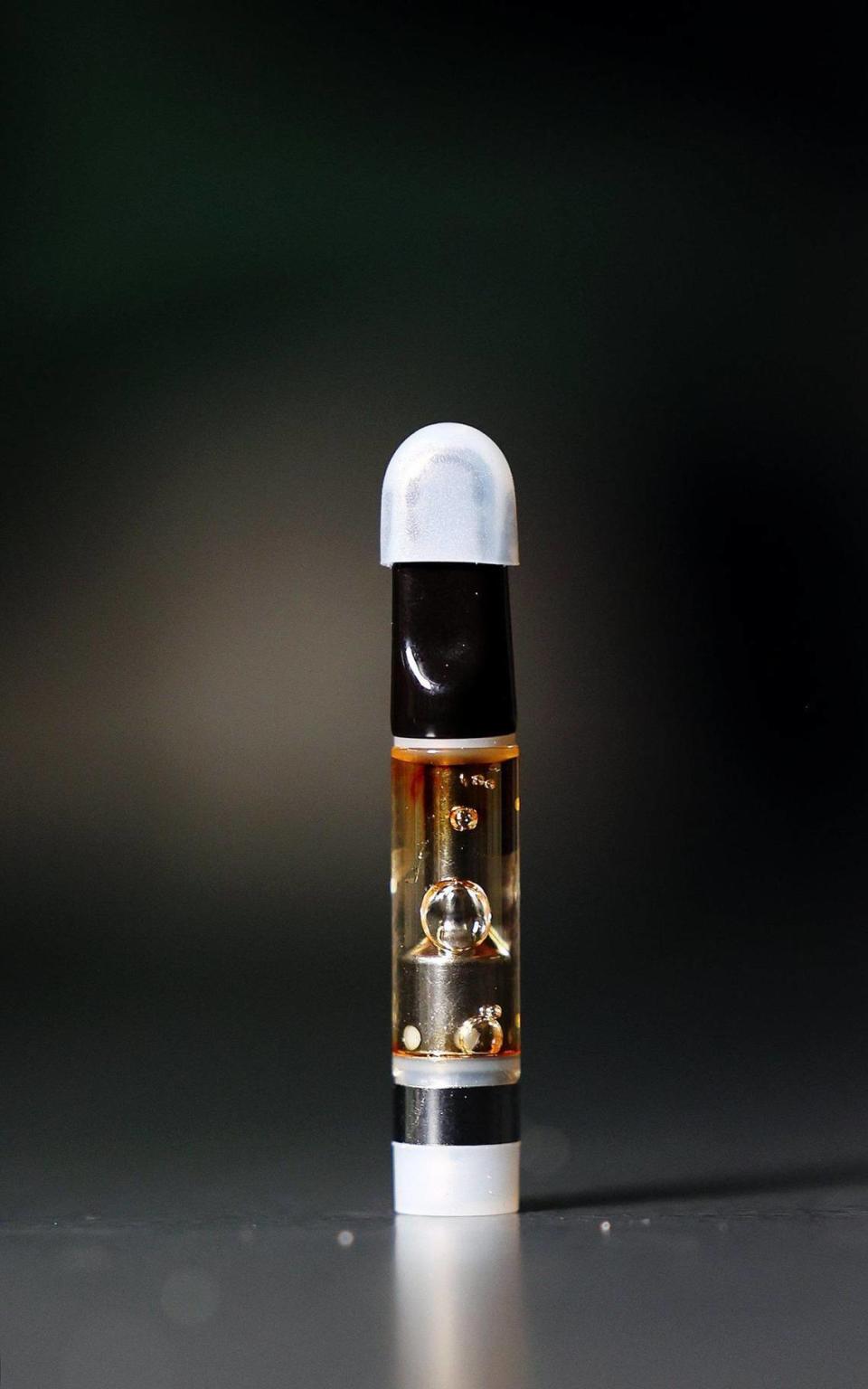Stop teens from vaping? Yes. Pull them out of their classes over it? Hold on a minute | Opinion
No responsible person wants kids to smoke. And that includes vaping, which is just another way to bring toxic and addictive chemicals into the lungs.
But as often happens, the zeal to prevent teenagers from vaping is creating problems of its own. In North Texas school districts, including Fort Worth, an alarming number of students are being diverted to disciplinary programs because of an overly strict state law on vaping.
The number of Fort Worth ISD kids removed from their regular classes over substance issues has skyrocketed. It’s on pace for a 2,000% increase, according to Texas Community Health News, a project of Texas State University. Several Dallas County districts have seen big increases, too, The Dallas Morning News reported.

It’s a classic case of sloppy legislating with unintended consequences. Sending schoolchildren to a disciplinary alternative education program removes them from their regular classwork, and districts such as Fort Worth that are struggling to bolster student achievement don’t need another impediment to learning. Such discipline separates them from friends, which may seem trivial but can be crucial for reducing risk of high schoolers dropping out.
Vaping can mean nicotine, but it can also mean products that include the illegal psychoactive ingredients in marijuana. Schools and law enforcement must take that kind of activity seriously.
But if the goal is to teach teenagers that vaping is harmful and that they shouldn’t bring banned items to campus, this seems like a less-than-effective approach. If addiction is a problem, they need something more akin to a drug diversion program.
The original bill offered by Rep. Ed Thompson, R-Pearland, was designed to give schools flexibility for dealing with e-cigarettes on campus. The Senate amended it to require the disciplinary action, giving districts no option but to send vastly more children into alternative schools.
The law took effect Sept. 1, and its impact was immediately clear: In-school suspensions for vaping more than doubled, the Star-Telegram reported late last year.
This may have been well-intentioned, but it’s an overreaction. When it comes to nicotine, experts generally prefer an educational approach focused on risk-awareness, which the bill also endorses. Fort Worth ISD officials told Texas Community Health News that they preferred the tougher approach to ensure that kids understand the seriousness of breaking the rules against vape devices on campus.
Discipline is important. Pulling a student from his or her regular routine sends a clear message. But it can have a disproportionate impact on economically disadvantaged students and minorities. And we’ve all heard stories of kids who are overly punished for one mistake and soon are down the road with many others, in part perhaps because of the influence of other students they encounter in disciplinary programs.

We’ve encouraged state law enforcement and regulatory agencies to take tougher steps against retailers who, thanks to loopholes and careless enforcement, can market cannabis products to teenagers. As social mores around marijuana use change, laws are slow to catch up. Many well-intentioned businesses trying to help consenting adults with legal products for issues such as post-traumatic stress or chronic pain suffer from a lax overall environment.
And while the increase in use and potency of cannabis products raises concerns, especially for young people’s health, there’s good news: Students overall are using fewer tobacco products in recent years, according to federal data. Now is not the time for Texas to interrupt that success with overly harsh punishment that disrupts teenagers’ academic progress, too.
The Legislature should reconsider the law next year and give school districts more flexibility and resources to address all kinds of youth tobacco use, along with marijuana consumption. Some cases surely deserve disciplinary removal. But let those closest to the student decide, free of a one-size-fits-all mandate.
Do you have an opinion on this topic? Tell us!
We love to hear from Texans with opinions on the news — and to publish those views in the Opinion section.
• Letters should be no more than 150 words.
• Writers should submit letters only once every 30 days.
• Include your name, address (including city of residence), phone number and email address, so we can contact you if we have questions.
You can submit a letter to the editor two ways:
• Email letters@star-telegram.com (preferred).
• Fill out this online form.
Please note: Letters will be edited for style and clarity. Publication is not guaranteed. The best letters are focused on one topic.

